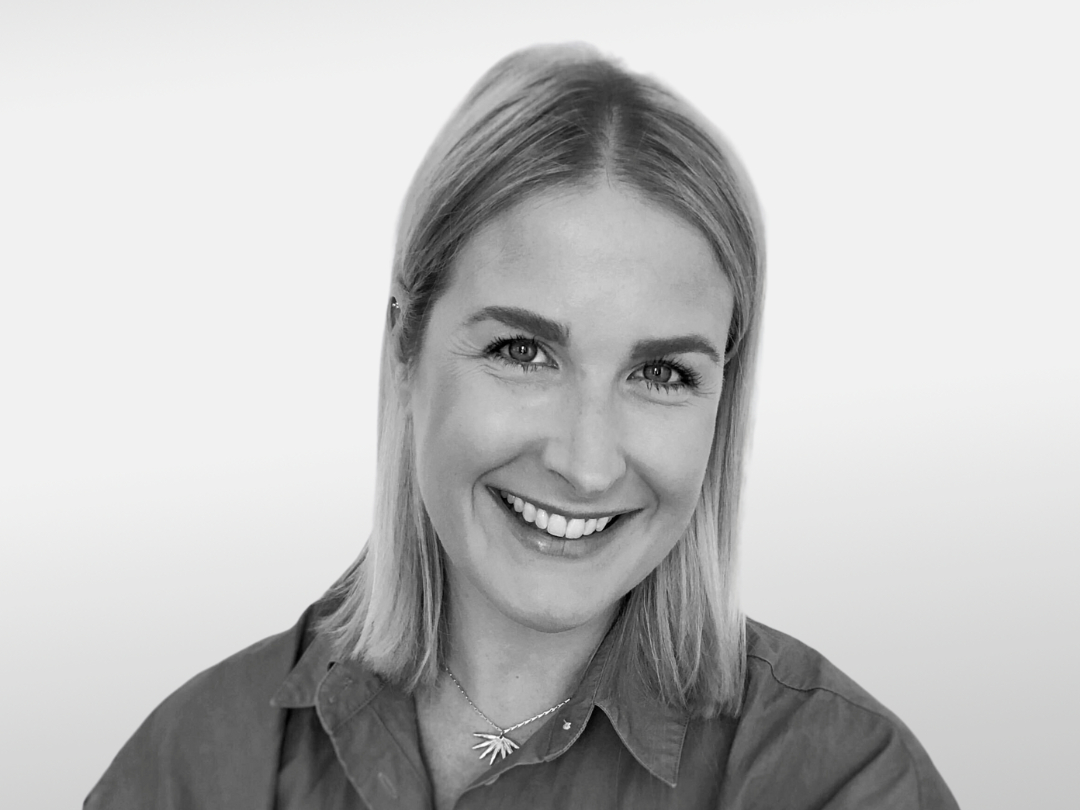What was your first job?
The local deli. It was terrifying. No training, fast-paced and run with an iron fist by a stern and anxious patriarch.
My first full time job (saving for my first solo Europe trip) was microfilm scanning. It was monotonous work in a pretty grim environment. Just the humbling experience a lucky, private school educated 17-year-old needed!
When did you first discover the concept of Impact Investing?
I was introduced to the concept in 2014 through my postgraduate studies with the Centre for Social Impact at UNSW. I had a humanities and social purpose background, so it was exciting to learn about ways people were innovating on powerful and embedded traditional systems to deliver social and environmental good. I am a believer in a portfolio approach to change; different interventions within different systems all aimed at bringing many people on the journey. Positive social impact is not something that can only be delivered by a certain “type” of person in narrowly defined ways.
What is your vision or what do you wish for?
That the complexities and urgency of the interconnected challenges we face are an opportunity to catalyse transformation. I have read climate change painted this way, not as an opponent or enemy but as a “systems mentor”, highlighting the systemic changes needed to improve our world (credit to director, Damon Gameau).
That we create the conditions for the new, whilst providing hospice to those systems which no longer serve us. That we create the conditions for compassion for ourselves and compassion for others, rather than razing it all to the ground in anger or bitterness.
What’s one exciting initiative or development you and your team have in the pipeline?
For the last year or so, Next25 has been working with diverse stakeholders from across sectors and professions to better understand why Australia struggles to have constructive discussion on contested national issues.
Our research indicates that if we get better at this as a nation, we would be better placed to make the future we want. We have been collaborating with a talented team of academics from UTS’ transdisciplinary school, investigating the barriers and enablers to constructive discussion through the prism of the Sydney housing challenge.
In 2024 we will start testing potential levers and building an intervention which will not only have its own impact but will provide us with insights and lessons to share.
Is there anything that annoys you?
People unwilling to spend the time reflecting on their own biases, blind spots, and assumptions.
Poor spatial awareness.
Name one high impact company (local or globally) that investors should keep their eye on?
As a leader of a non-profit organisation which relies on philanthropic funding, I am going to be a bit cheeky and say that there are organisations like Next25 working in systems change who you should keep your eye on and support. Our work has the potential to turbo charge the impact of those companies you might be investing in as we work at a deep level to enable the conditions for change.
What advice would you give to someone wanting to do this work?
Embrace the liminal space.

